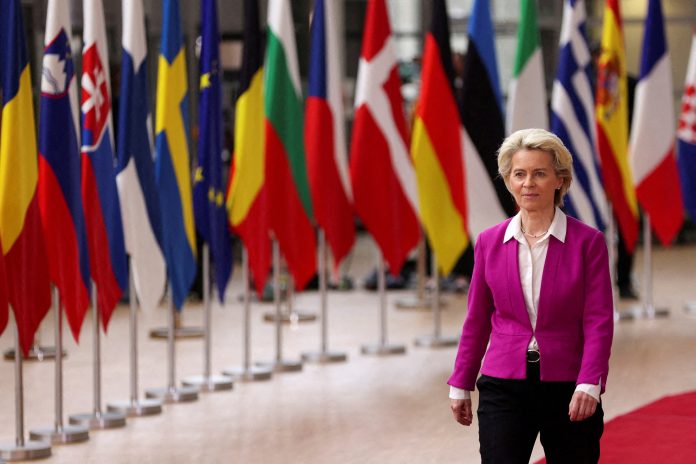The EU court ruled on Wednesday that the European Commission was wrong to refuse to publish text messages between Ursula von der Leyen and Pfizer CEO Albert Bourla during the peak of the COVID-19 pandemic peak.
Reporters asked to see the secret messages between the European Commission president and the head of the pharmaceutical company, which they exchanged before the conclusion of a multi-billion dollar vaccine deal between Pfizer and the EU.
The case was brought by the New York Times, which was denied access to the correspondence by the European Commission. In support of its position, the European Commission stated that the messages stored on Ursula von der Leyen’s phone did not fall within the definition of documents subject to mandatory storage in accordance with the applicable regulations.
Earlier, the Court of Justice of the European Union had already found that the European Commission had violated the law in its procurement of vaccines, limiting access to information on drug prices and failing to provide convincing evidence that there was no conflict of interest in the procurement process.
The so-called “Pfizergate” scandal is linked to the conclusion of a contract for the purchase of up to 1.8 billion doses of the Pfizer-BioNTech vaccine for a total amount of up to €35 billion, which significantly exceeded the needs of the European Union’s population at that time.
